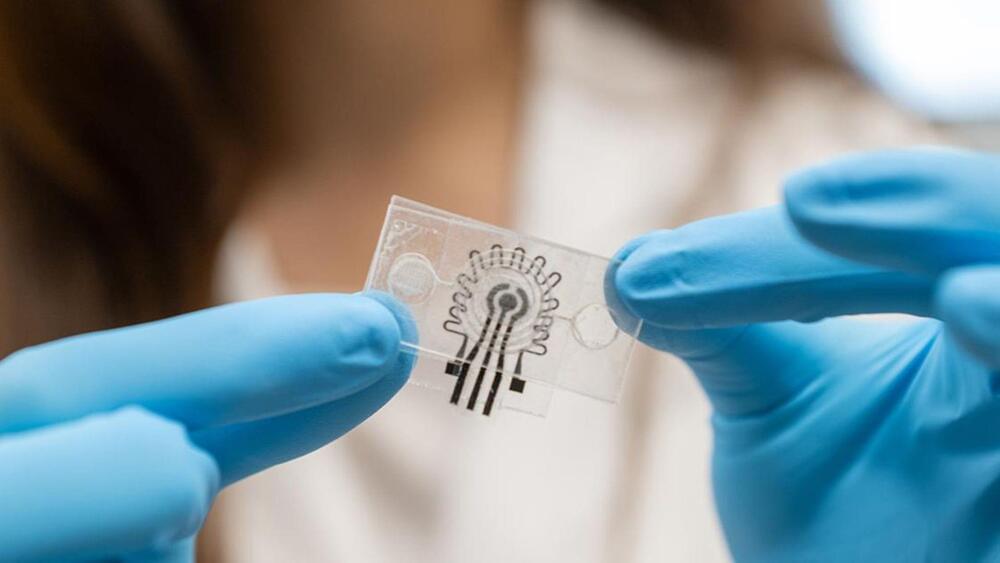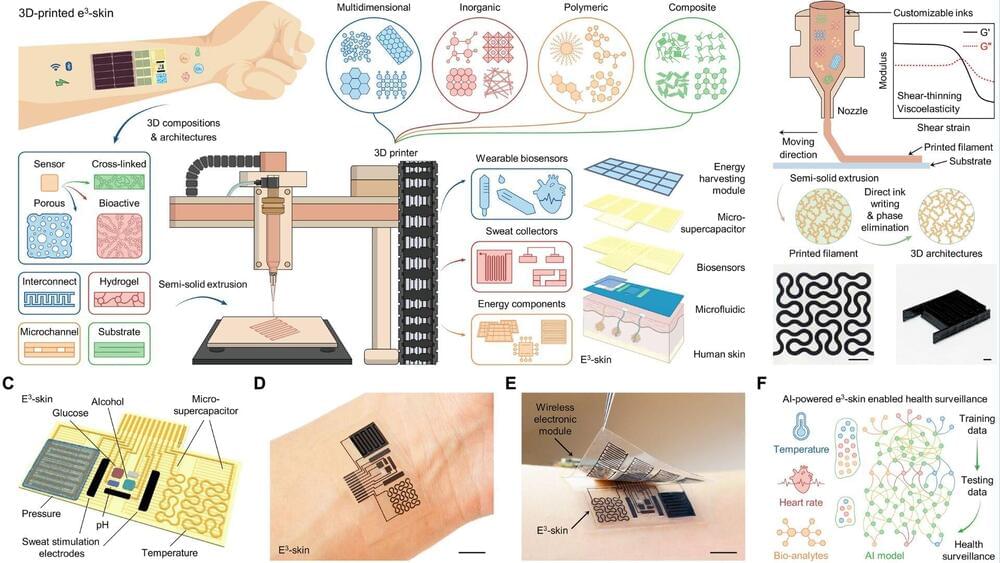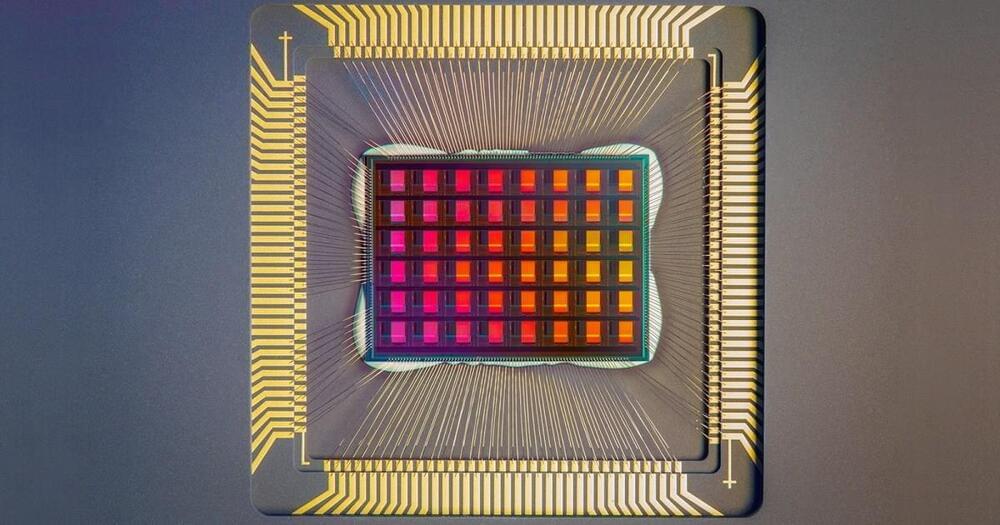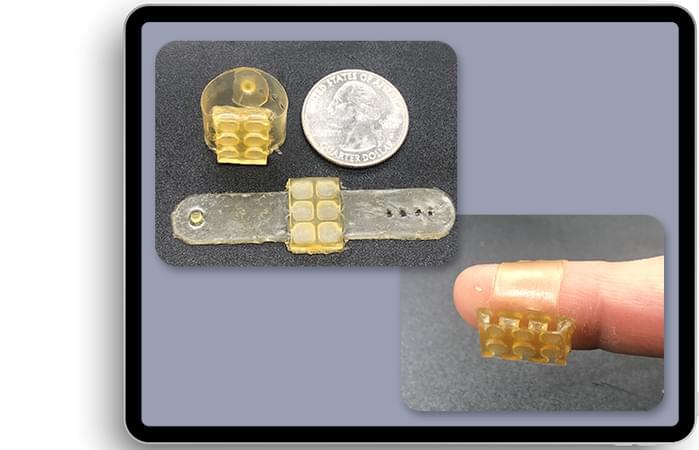Oct 4, 2023
Humane shows off its futuristic ‘AI Pin’ wearable
Posted by Kelvin Dafiaghor in categories: mobile phones, robotics/AI, wearables
In case you missed the hype, Humane is a startup founded by ex-Apple executives that’s working on a device called the “Ai Pin” that uses projectors, cameras and AI tech to act as a sort of wearable AI assistant. Now, the company has unveiled the AI Pin in full at a Paris fashion show (Humane x Coperni) as a way to show off the device’s new form factor. “Supermodel Naomi Campbell is the first person outside of the company to wear the device in public, ahead of its full unveiling on November 9,” Humane wrote.
The company describes the device as a “screenless, standalone device and software platform built from the ground up for AI.” It’s powered by an “advanced” Qualcomm Snapdragon platform and equipped with a mini-projector that takes the place of a smartphone screen, along with a camera and speaker. It can perform functions like AI-powered optical recognition, but is also supposedly “privacy-first” thanks to qualities like no wake word and thus no “always on” listening.”

 150 YEARS MAXIMUM BIOLOGICAL AGE — “We observed, that the age-dependent population DOSI distribution broadening could be explained by a progressive loss of physiological resilience measured by the DOSI auto-correlation time. Extrapolation of this trend suggested that DOSI recovery time and variance would simultaneously diverge at a critical point of 120 − 150 years of age corresponding to a complete loss of resilience. The observation was immediately confirmed by the independent analysis of correlation properties of intraday physical activity levels fluctuations collected by wearable devices. We conclude that the criticality resulting in the end of life is an intrinsic biological property of an organism that is independent of stress factors and signifies a fundamental or absolute limit of human lifespan.”
150 YEARS MAXIMUM BIOLOGICAL AGE — “We observed, that the age-dependent population DOSI distribution broadening could be explained by a progressive loss of physiological resilience measured by the DOSI auto-correlation time. Extrapolation of this trend suggested that DOSI recovery time and variance would simultaneously diverge at a critical point of 120 − 150 years of age corresponding to a complete loss of resilience. The observation was immediately confirmed by the independent analysis of correlation properties of intraday physical activity levels fluctuations collected by wearable devices. We conclude that the criticality resulting in the end of life is an intrinsic biological property of an organism that is independent of stress factors and signifies a fundamental or absolute limit of human lifespan.”














